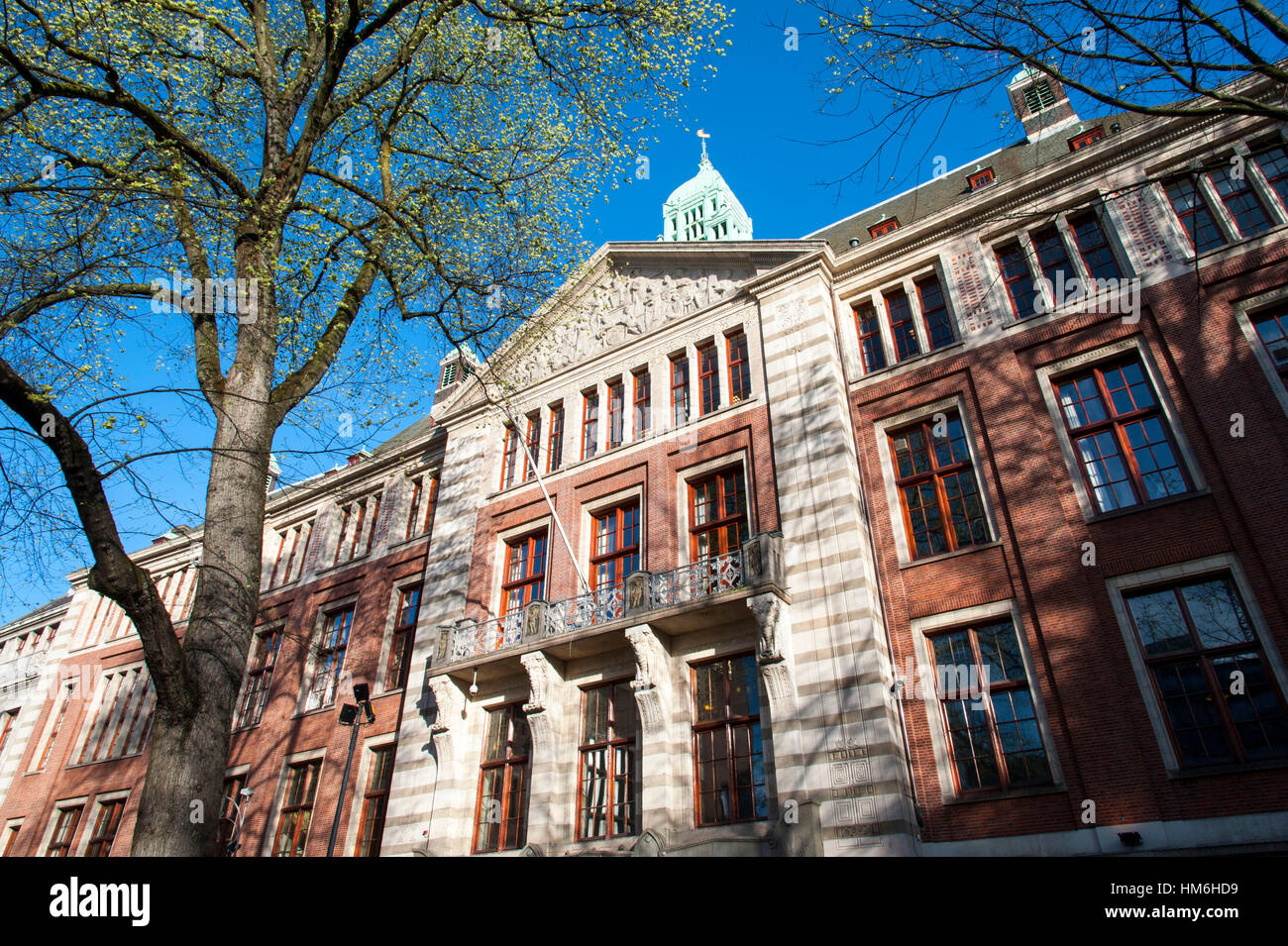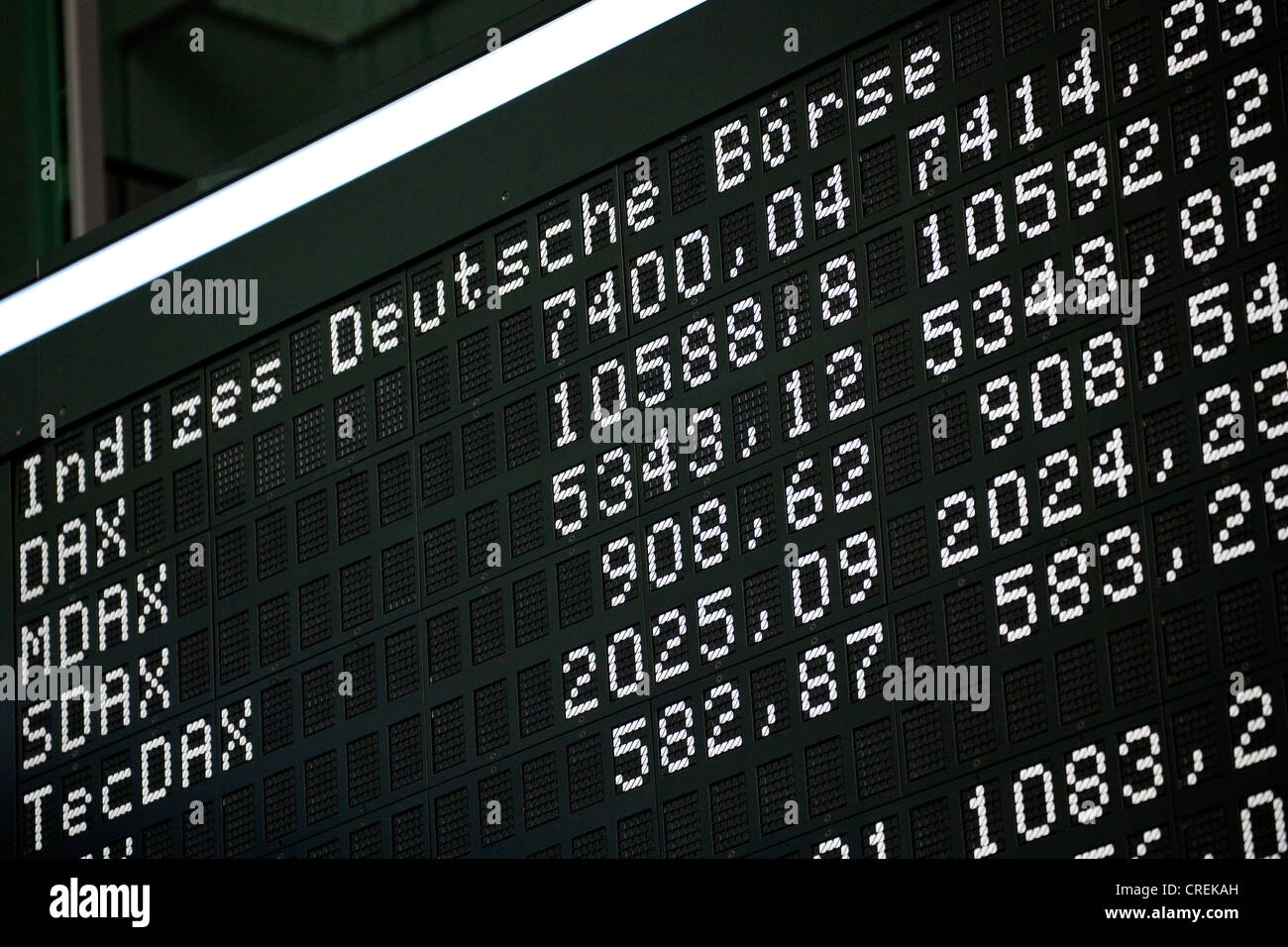Bangladesh-Europe Collaboration: A Path To Shared Economic Growth

Table of Contents
Enhanced Trade and Investment Opportunities
Boosting Bilateral Trade
Currently, Bangladesh and Europe enjoy a significant trade relationship, with ready-made garments (RMG) forming a cornerstone of Bangladeshi exports to the EU. However, the potential for growth is immense.
- Bangladeshi Exports: Ready-made garments (RMG), jute products, leather goods, pharmaceuticals.
- European Exports: Machinery, technology, chemicals, automobiles.
Increasing trade volume requires concerted efforts. The Everything But Arms (EBA) initiative, offering duty-free access for most Bangladeshi products to the EU market, is a crucial component. Further tariff reductions and streamlined trade agreements could significantly boost bilateral trade. The EU's Generalized System of Preferences (GSP) also plays a vital role in facilitating trade. Optimizing the use of these existing frameworks, coupled with new initiatives, is key to unlocking greater trade potential.
Attracting European Investment in Bangladesh
Bangladesh offers compelling investment opportunities for European companies. Sectors such as RMG, infrastructure development (particularly in sustainable infrastructure), and renewable energy present particularly attractive prospects.
- Advantages of Investing in Bangladesh: Low labor costs, a strategic geographical location, a rapidly expanding domestic market, and a young, burgeoning workforce.
- Government Incentives: The Bangladeshi government offers various incentives to attract foreign direct investment (FDI), including tax breaks, land allocation, and streamlined regulatory processes. Understanding and leveraging these incentives is crucial for European businesses.
- Mitigating Challenges: While the opportunities are considerable, challenges such as infrastructure limitations and bureaucratic hurdles need addressing. Transparency and effective communication between the government and investors are essential to mitigate these challenges.
Technological Collaboration and Skill Development
Technology Transfer and Innovation
Collaboration between Bangladesh and Europe can significantly accelerate technology transfer in critical sectors.
- Technology Transfer Initiatives: Joint ventures, knowledge sharing programs, and technology licensing agreements can facilitate the transfer of European expertise and technologies to Bangladesh in manufacturing, information and communications technology (ICT), and renewable energy.
- Joint R&D: Collaboration in research and development (R&D) is crucial for fostering innovation and developing locally relevant solutions.
- Intellectual Property Rights (IPR): Protecting intellectual property rights is essential to encourage innovation and technology transfer. Strong IPR protection mechanisms must be in place to ensure a mutually beneficial environment.
Human Capital Development
Investing in human capital is crucial for sustainable economic growth.
- Skill Development Programs: Collaborative vocational training programs and higher education initiatives are vital for equipping the Bangladeshi workforce with the skills needed to thrive in a globalized economy. European expertise in education and training can play a vital role.
- Capacity Building: European support in building institutional capacity within Bangladesh's education and training systems will lead to long-term sustainable human capital development.
Sustainable Development and Environmental Protection
Promoting Sustainable Manufacturing Practices
Integrating sustainability into Bangladesh's manufacturing sector, especially the RMG industry, is paramount.
- Sustainable Manufacturing Initiatives: Adopting globally recognized certifications such as Global Organic Textile Standard (GOTS) and OEKO-TEX is critical for enhancing the sustainability of the RMG sector and accessing environmentally conscious markets in Europe.
- European Expertise: European expertise in sustainable manufacturing practices, including cleaner production technologies and waste management, can support Bangladesh in achieving these goals.
Addressing Climate Change
Climate change poses significant challenges to both Bangladesh and Europe. Collaboration is crucial for effective climate action.
- Joint Initiatives: Joint initiatives focusing on climate adaptation and mitigation, such as investing in renewable energy infrastructure and developing climate-resilient agriculture, are essential.
- Renewable Energy Development: Investing in renewable energy sources like solar and wind power is crucial for mitigating climate change and promoting energy security in Bangladesh.
Strengthening Institutional Frameworks
Good Governance and Transparency
Promoting good governance and transparency is essential for attracting investment and development aid.
- Institutional Reforms: Support for institutional reforms and capacity-building programs focused on improving regulatory frameworks, combating corruption, and strengthening the rule of law is vital.
- European Support: European support in strengthening these frameworks will foster an investment-friendly environment and boost confidence in Bangladesh's economic future.
Realizing the Potential of Bangladesh-Europe Collaboration
Strengthened Bangladesh-Europe collaboration offers substantial mutual benefits. Enhanced trade, increased European investment, technology transfer, and a focus on sustainable development will create a powerful engine for shared economic growth. By leveraging existing frameworks like the EBA initiative and GSP, and by actively fostering new collaborations in education, technology, and sustainable practices, both regions can unlock significant economic opportunities. We encourage readers to explore the specific opportunities for collaboration outlined in this article and to actively engage in further discussions to foster stronger Bangladesh-EU partnerships and collaborative economic development between Bangladesh and Europe. For more information, please refer to the websites of the European Union Delegation to Bangladesh and the relevant Bangladeshi government ministries.

Featured Posts
-
 White House Incident Examining President Ramaphosas Actions And Potential Alternatives
May 24, 2025
White House Incident Examining President Ramaphosas Actions And Potential Alternatives
May 24, 2025 -
 11 Down Amsterdam Stock Exchange Experiences Third Day Of Heavy Losses
May 24, 2025
11 Down Amsterdam Stock Exchange Experiences Third Day Of Heavy Losses
May 24, 2025 -
 Dax Stable At Frankfurt Stock Market Opening Following Record Run
May 24, 2025
Dax Stable At Frankfurt Stock Market Opening Following Record Run
May 24, 2025 -
 Find Housing Finance Solutions And Family Fun At The Iam Expat Fair
May 24, 2025
Find Housing Finance Solutions And Family Fun At The Iam Expat Fair
May 24, 2025 -
 Buffetts Succession The Future Of Berkshire Hathaways Apple Investment
May 24, 2025
Buffetts Succession The Future Of Berkshire Hathaways Apple Investment
May 24, 2025
Latest Posts
-
 Walt Fraziers Ring Display A Celtic Fans Reaction On Today
May 24, 2025
Walt Fraziers Ring Display A Celtic Fans Reaction On Today
May 24, 2025 -
 April 14 2025 Which Zodiac Signs Have The Best Horoscopes
May 24, 2025
April 14 2025 Which Zodiac Signs Have The Best Horoscopes
May 24, 2025 -
 The 5 Luckiest Zodiac Signs On April 14 2025
May 24, 2025
The 5 Luckiest Zodiac Signs On April 14 2025
May 24, 2025 -
 Understanding Dylan Dreyer And Brian Ficheras Relationship
May 24, 2025
Understanding Dylan Dreyer And Brian Ficheras Relationship
May 24, 2025 -
 Al Roker Faces Backlash After Revealing Off The Record Today Show Conversation
May 24, 2025
Al Roker Faces Backlash After Revealing Off The Record Today Show Conversation
May 24, 2025
